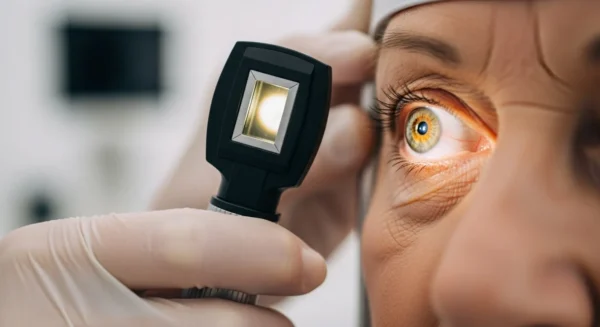
What to Pack for a Senior Road Trip
The open road is calling! A road trip is a fantastic way to explore new sights, revisit cherished places, and create

The open road is calling! A road trip is a fantastic way to explore new sights, revisit cherished places, and create

Embracing your creative side is one of the great joys of retirement. It’s a wonderful way to keep your mind engaged,

Hello, and welcome. Taking proactive steps to maintain your health and independence is one of the most powerful things you can

Hello, and welcome. As we journey through life, it’s natural to encounter moments of stress, worry, or physical discomfort. The good

Let me paint you a picture. It’s a Tuesday morning in late November. The sky is the color of a dirty

Have you ever had a day where you just felt “off,” and perhaps your digestion was a little unsettled, too? It’s

Welcome. As we journey through life, we gather wisdom, stories, and a rich perspective that only time can provide. Your well-being

There is a remarkable, almost magical connection between music and memory. A familiar melody can transport you back decades in an

Your vision is one of your most precious assets. It connects you to the world, to your loved ones, and to